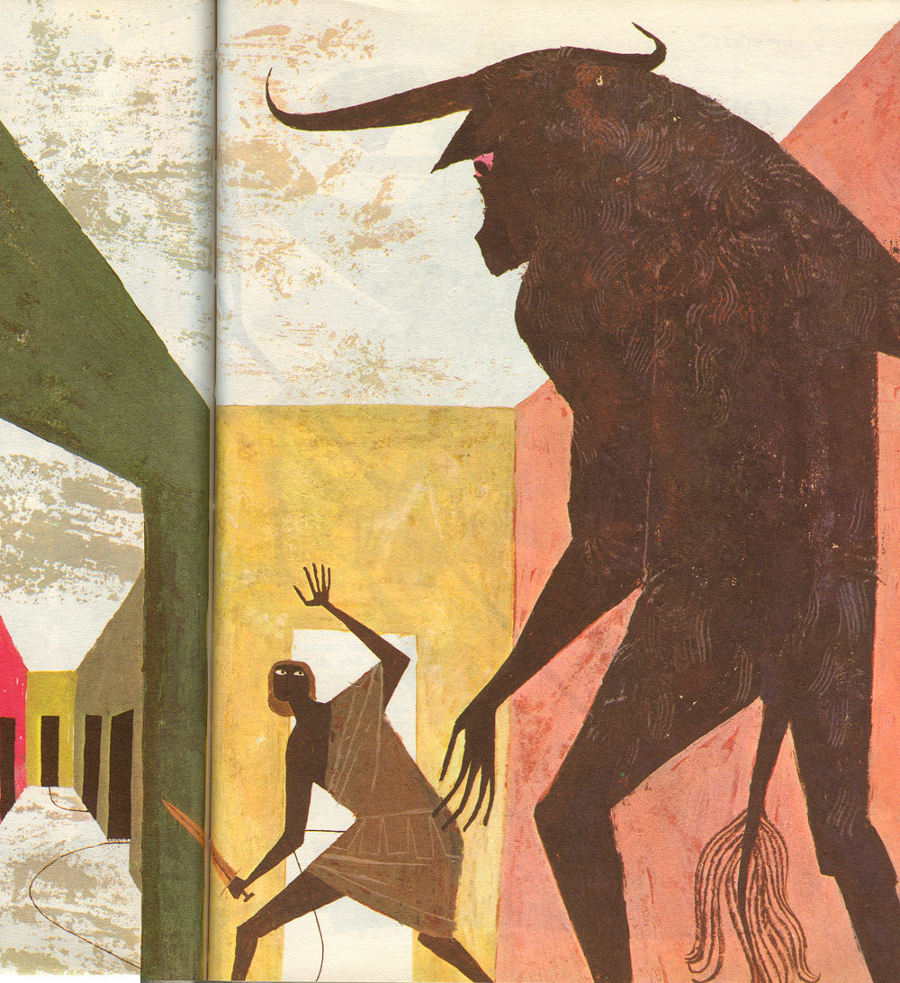Whose line is it anyway?
Inspired by Burroughsian ‘cut-up’, but more of a ‘mash-up’: two translated texts, one Latin and one Greek, two mythological narratives, and some intrusive narrators. Answers not included.
She did not turn her burning eyes from him
until she woke in all her body the flame,
and from her foundations, from deep in the marrow
she burned completely. Back flitted Eros,
back from the high-roofed hall, loudly laughing.
But the arrow burned on in the girl, beneath the heart,
like flame. Ah! Pitiless heart, stirrer of passions,
divine boy, you mix up troubles and joys for men.
And you who rule Golgi and leafy Idalium,
on what manner of waves did you toss the girl,
her mind ablaze, sighing for the golden-haired stranger?
Ever straight at Aeson’s son she flashed her glance,
thoughts blown from her breast, jumbled by pain,
nothing else did she remember but flooded her spirit
with sweet grief. How many anxieties in her weary heart,
she bore, how often she paled, paler than gleaming gold!
Wrapped around the heart, it burnt, secret, destructive
Love. Soft cheeks would turn sallow then flush, her
mind in torment, when eager to compete with the monster,
Theseus sought either death or glory’s reward.
And she feared, feared lest the oxen or Aeetes himself
should slay him. And she mourned him, a man dead
and a corpse already. Yet not unwelcome, nor in vain,
were the presents she promised the gods, when with silent
lip she lit her prayers, ‘Yet I wish he would avoid all harm.
Make this be so, dear goddess, daughter of Perses!’



